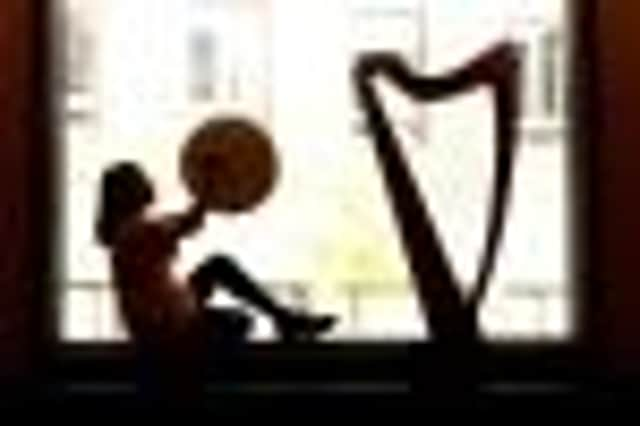Andrew Eaton-Lewis: The key word in the name was always Connections, not Celtic


CELTIC Connections and T in the Park both celebrate their 20th birthdays this year. If these anniversaries had fallen in 2012, it’s a safe bet that both occasions would have been co-opted into the Year of Creative Scotland.
I’m quite glad this didn’t happen; as things stand, the two festivals get to enjoy these landmark anniversaries on their own terms, rather than be subsumed into a politically motivated branding exercise.
Advertisement
Hide AdCeltic Connections in particular has always thrived on its own terms. There were plenty of people, myself included, who thought it was crazy to start a major music festival in January. Later, I was also one of those who pedantically wondered why a nominally Celtic festival was adding all sorts of not remotely Celtic strands to its programme – African music, Middle Eastern music, Cuban music, Americana etc. Nothing against any of those forms of music, but wasn’t it a dilution of Celtic Connections’ core purpose?
I’m happy to eat those words now. What I failed to recognise was that the key word in the festival’s name was always Connections, not Celtic. It was a festival which established a strong Scottish identity, then welcomed the world in. This is less common than you might think. Many of the developments in Scottish culture over the past 20 years have had a slight whiff of “me too”. England had soap operas, so we wanted one too (result: River City). England had pop festivals, so we wanted them too (and now T in the Park outshines many English ones). We wanted an art fair, a contemporary art festival, our own six o’clock news bulletin (still to materialise, that one). As time went on, the sense of “me too” shifted from rivalry with England to between Scottish cities, Glasgow in particular gradually ticking off a list of festivals previously confined to Edinburgh.
Nothing wrong with any of this. All of it helps foster national confidence, just as devolution has done. The Year of Creative Scotland was, in many ways, the natural culmination of such thinking. From the off, though, Celtic Connections stood out from that crowd. It wasn’t copying anything from elsewhere. In fact, it was born from the most prosaic of purposes – to fill a quiet month at Glasgow Royal Concert Hall. But it also tapped into something distinctly Scottish: a love and respect for tradition, a strong sense of community, an instinctive tendency towards musical collaboration, a desire to sing and dance late into the night. Its message was not a needy “we can do this as well as you” but a self-assured “this is who we are, you’re welcome to join us”. This, I think, is why its birthday is especially worth celebrating. «
Twitter: @Aeatonlewis